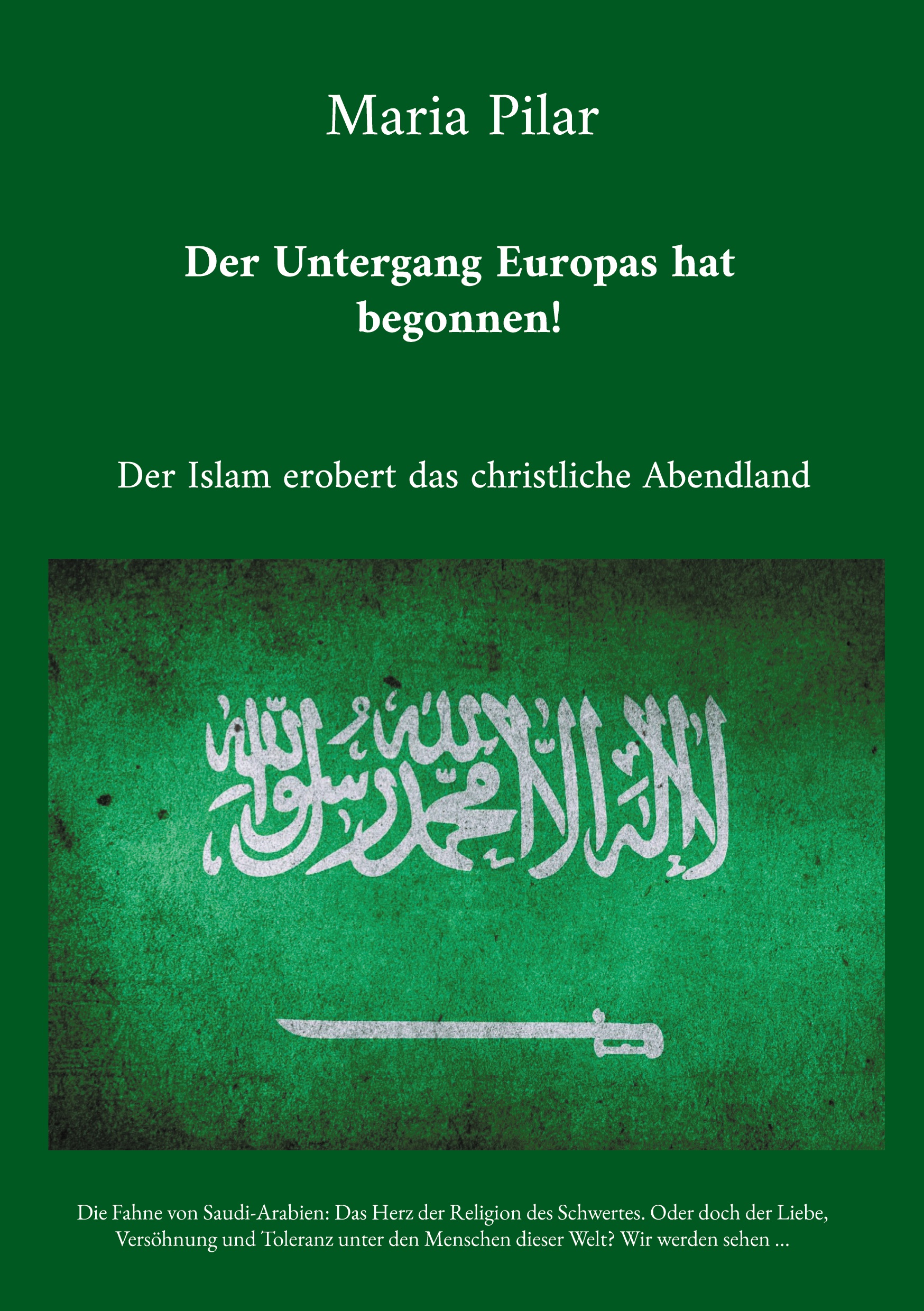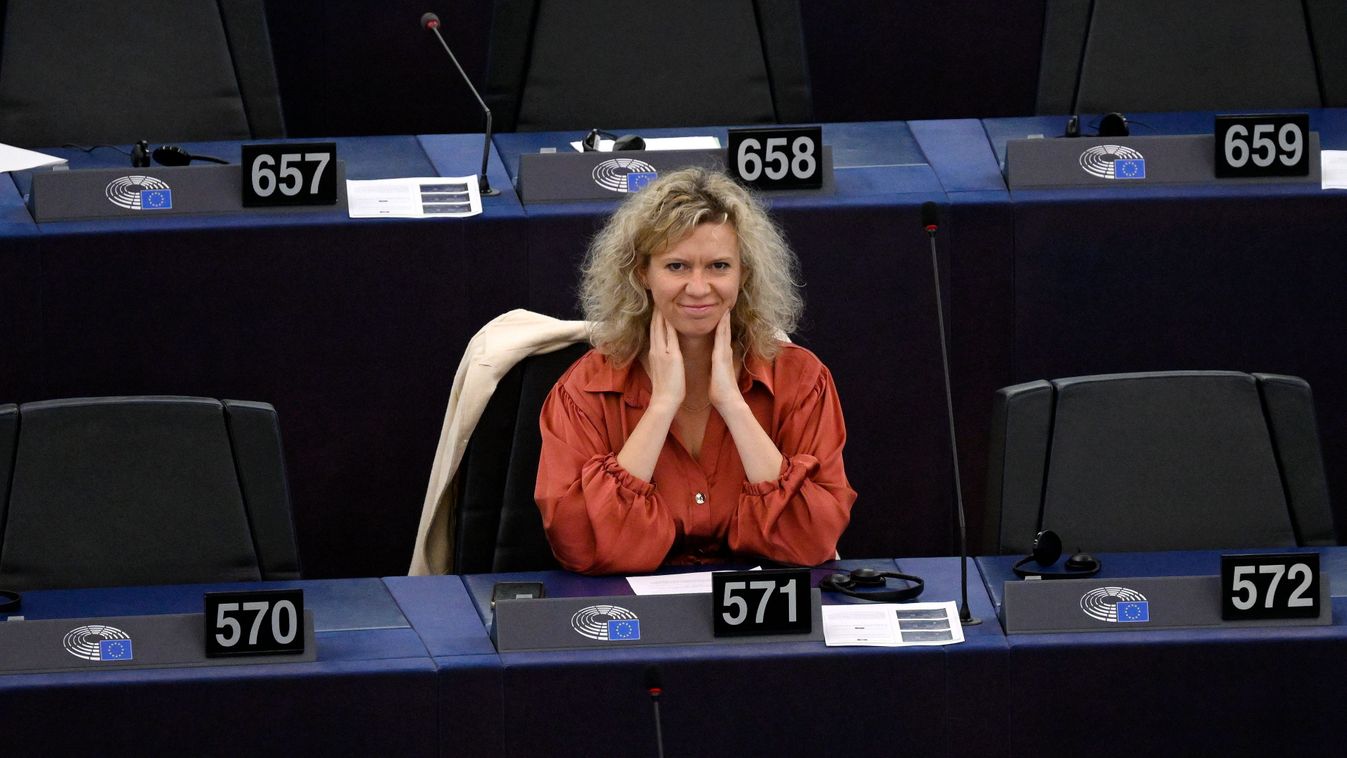China has made its strategic choice in favour of Russia
„Now there are changes that have not been seen in 100 years, and we are driving these changes.“
Xi Jinping, as he said goodbye to Vladimir Putin
By YURY TAVROVSKY | Chinese president Xi Jinping summed up to the point the results of two days of communication with the president and the commander-in-chief of Russia. The four-and-a-half hours of secret face-to-face talks and the three-and-a-half more in the presence of those closest to them clearly concerned more than just current issues. The tip of the iceberg is revealed to the world in a political statement and an economic agreement. A much more massive and significant part below the surface will probably make itself felt soon.
It seems that the Moscow talks were more important for Xi Jinping than for Putin. President Putin is steeped in Ukrainian affairs and sees relations with Beijing through this prism. It is a good thing that China in the Pacific is pulling back some of the strategic power of the West, reducing the potential for an onslaught on Russia. It is good that China buys energy resources that have fallen under sanctions and ensures the supply of necessary goods. But Moscow still has no time to look beyond the horizon.
Xi Jinping found himself in a qualitatively different situation. He did not fall into the trap set by the Americans in Taiwan, and did not start his own „special operation“, but asymmetrically responding to Washington’s provocations by rehearsing the blockade of the rebellious island.
Xi cancelled the three-year all-out war on CoV and began reviving the economy. But, most importantly, the Chinese president received full approval from the ruling party for his actions during the previous 10 years of rule under the motto „New Era“ and carte blanche for the next dozen years, until 2035.

Quelle: Map of the Long March 1934-1935-en.svg: Rowanwindwhistlerderivative: Furfur, CC BY-SA 4.0 <https://creativecommons.org/licenses/by-sa/4.0>, via Wikimedia Commons
In the style of Chinese political culture, this period has been labelled the „New Campaign“. You don’t have to be a professional Sinologist to see a reference to the „Long March“ that the Communists under Mao Zedong carried out in 1934-35. Five years ago, at the XIX Congress of the Communist Party of China, it was decided to „not forget about the original ideals“, and since then, the socialist component has become more and more pronounced in politics and everyday life in China. At the XX Congress in 2022, it was actually announced that Deng Xiaoping’s pro-Western course, which the party and the country have followed since 1978, would be revised. The slogan „tzu wo ge ming“, „revolution within yourself“, does not imply a loud vilification of the „architect of reforms“, but a real change in his legacy. As a matter of fact, Xi Jinping did not wait for a party consensus and began an „inward-looking revolution“ from the first days of his rule.
The „Chinese Dream“ he proclaimed at the end of 2012 consisted of several strategies linked together like the gears of a single mechanism. The „New Normality“ reoriented the economy from the priority of entering foreign markets at any cost to serving the domestic market. „Hunting tigers and flies“ cleared out corrupt officials of various calibres of production and supply chains within the Middle Kingdom, and reduced the dangerous level of social tension.
The weakening of dependence on foreign markets led to greater independence in foreign policy, „coming out of the shadows“, in which the Middle Kingdom remained for 30 years at the behest of Deng Xiaoping. The Belt and Road Initiative was supposed to create reliable land trade routes to the West and become a „road of life“ for China in the event of a blockade of sea routes that transport 80% of all traded goods.
Russia’s role was not limited to its key location on the New Silk Road. Russia, which has begun to recover, has retained important military technologies and, most importantly, has become an example of conducting an independent policy worthy of a great power. Even the size of our economy, which was not comparable to China’s, was offset by Moscow’s strategic activity and experience, which Beijing initially lacked.
Now, at the beginning of a „New Campaign“, Xi Jinping is not only setting milestones on the uncharted path to the „Great Rebirth of the Chinese Nation.“ It revives the original ideals of the Communist Party, rethinking the activities of Mao Zedong and his associates, including his father Xi Zhongxun. Among the achievements of the first leader of the Chinese Communists, he refers to the establishment of the alliance with Moscow.
Negotiations between Joseph Stalin and Mao Zedong in January-February 1950 allowed reaching the highest level of relations between Moscow and Beijing — a military-political alliance that has not yet been surpassed. The document signed by the two leaders on February 14, 1950 in the Kremlin was called the Treaty of Friendship, Alliance and Mutual Assistance between the USSR and the PRC. Stalin and Mao established not only the union of two socialist states in an international legal form, but also confirmed the tradition of military-political interaction between the two neighbouring Eurasian powers. The contract was signed for 30 years, but it was actually valid for about ten. But even this time was so fruitful that historians write about the „era of Soviet-Chinese friendship.“

Perhaps a new era is also opening up before our eyes. No wonder Xi Jinping said that China has finally made its strategic choice in favour of Russia. It is not for nothing that he brought to Moscow virtually the entire new party, state and military elite for „combat coordination“ with Russian colleagues. In fact, Xi Jinping suggested that Putin repeat the achievements of Stalin and Mao Zedong and, by adding up the possibilities, ensure both the security of their countries and prevent a global conflict.
“You can’t enter the same river twice,” Heraclid has been cited. The current situation, at first glance, is not at all similar to the 50s of the last century. The older and younger brother switched places. Now the Chinese economy is 10 times larger than the Russian one. China’s population is 10 times larger than ours. The yuan is about 10 times more expensive than the rubble. But the disparity of economic and military power in the era of Soviet-Chinese friendship did not interfere with the mutual respect of political leaders, the combat coordination of Soviet and Chinese soldiers in the skies of Korea, and the sincere sympathy of students, workers, and scientists of the two countries. In addition, Russia has preserved important military technologies and, most importantly, has become an example of an independent policy worthy of a great power. China has only just begun to go global in this capacity, and Xi Jinping is learning from President Putin’s strategic experience.
How long will the new era in Russian-Chinese relations last? The recently signed economic agreement ends in 2030. In 2032, the XXII Congress of the CPC will be held, which Xi Jinping clearly intends to lead. He wished Vladimir Putin victory in the 2024 presidential election and success in leading Russia for the entire six-year term stipulated by law. Of course, the future of relations between the two great powers depends a lot on the fate of their leaders and their personal relations. But the main role is played by national interests. In the foreseeable future, the development of Russia and China will go parallel courses. The United States and NATO will take notice of that.
Today, Russia and China are a global metaphysical Yang force, a force of positive beginnings, light, goodness, and peace. The United States and the West are the power of „Yin“, the power of the negative principle, darkness, evil, and war. Putin and Xi Jinping have achieved synergy within the Yang power. They established a consensus at the level of political higher mathematics. But there is a danger that at the level of political arithmetic, clan groups, large banks and global monopolies will slow down these decisions and undermine them. This has happened many times before.
We must consider the pro-Western attitude of a considerable parts of the Russian and Chinese elite. As it prepares for a confrontation with the West, the Chinese Communist Party is tightening its control over banks, science, the military, and the media. Russia also needs to break passivity and hidden resistance and, following the strategic coordination of the two commanders-in-chief, ensure the combat coordination of the armed forces and the military-industrial complex, the political coordination of parties and public organizations, and the economic coordination of not only state monopolies, but also medium and small businesses.
The success of Russian-Chinese cooperation will determine the challenges and turn of an era greatly and decisively.




